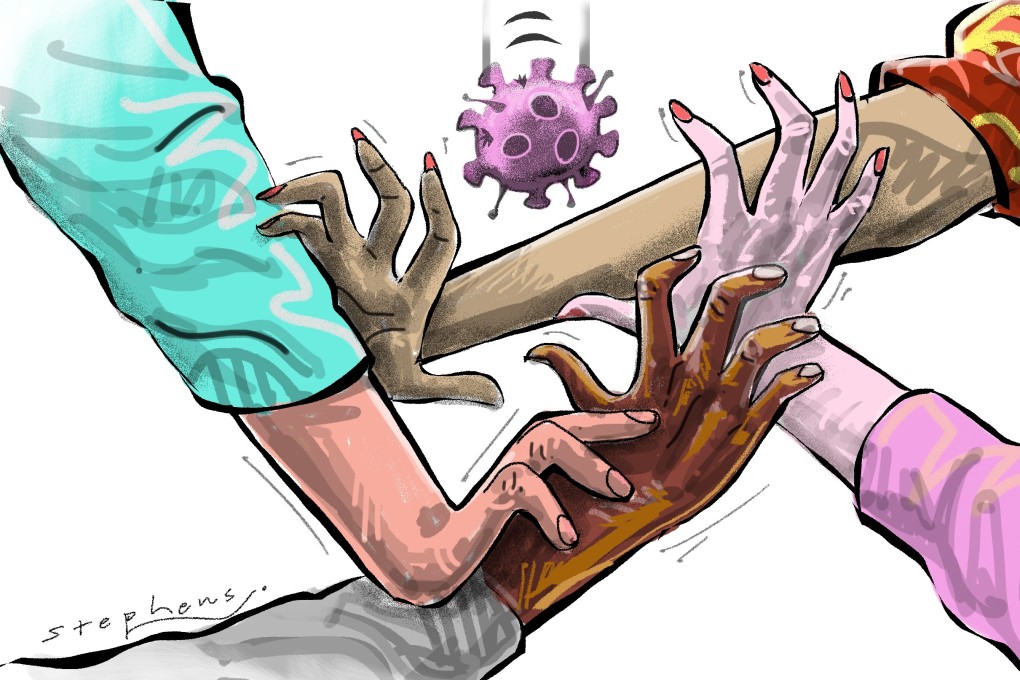Opinion | Italy’s coronavirus crisis lays bare our misguided belief in international solidarity
- In its hour of need, Italy has found itself abandoned by its EU partners after its appeal for essential medical supplies fell on deaf ears. It was left to China to finally come to the rescue

For those of us who had hoped the chaos of the past few years – Brexit, the Trump presidency, North Korea’s and Iran’s nuclear threats, and 2019’s global wave of protests – would fade with the coming of a new decade and a new 12-year zodiac cycle, 2020 could not have begun less auspiciously.
With more than 300,000 confirmed Covid-19 cases and over 13,000 deaths in at least 160 countries and regions in a mere four months, the world has not been more rattled since the HIV/Aids crisis in the 1980s.
To wash one’s hands regularly only when there is a pandemic, in effect, invites it. Whatever the underlying reasons, the WHO’s haphazard responses to the coronavirus outbreak when it was still relatively confined in China created the false and dangerous belief that Covid-19 was primarily China’s problem.
